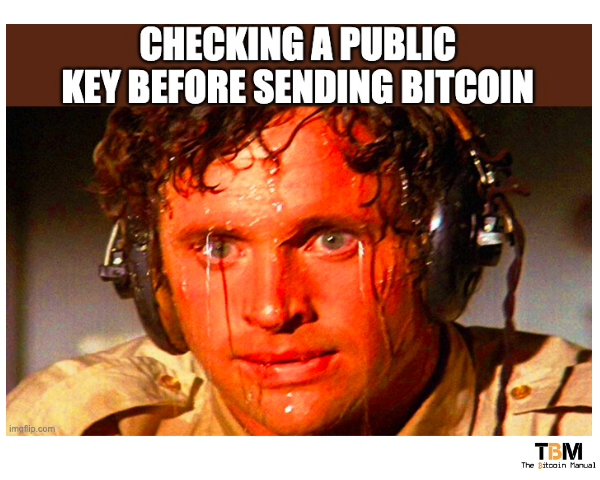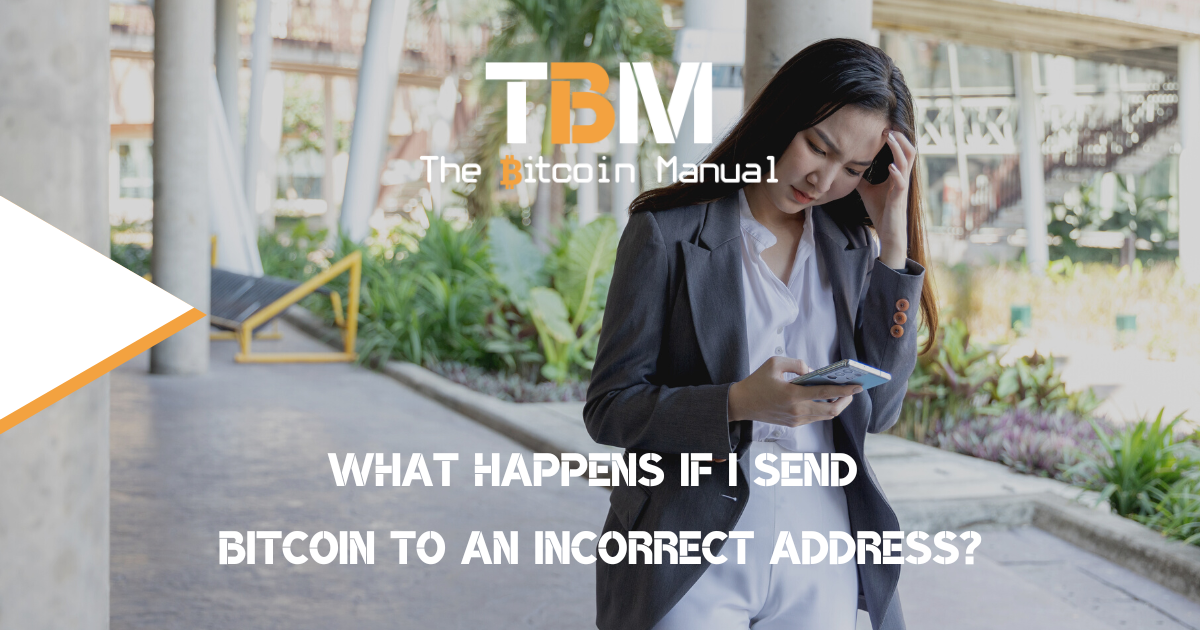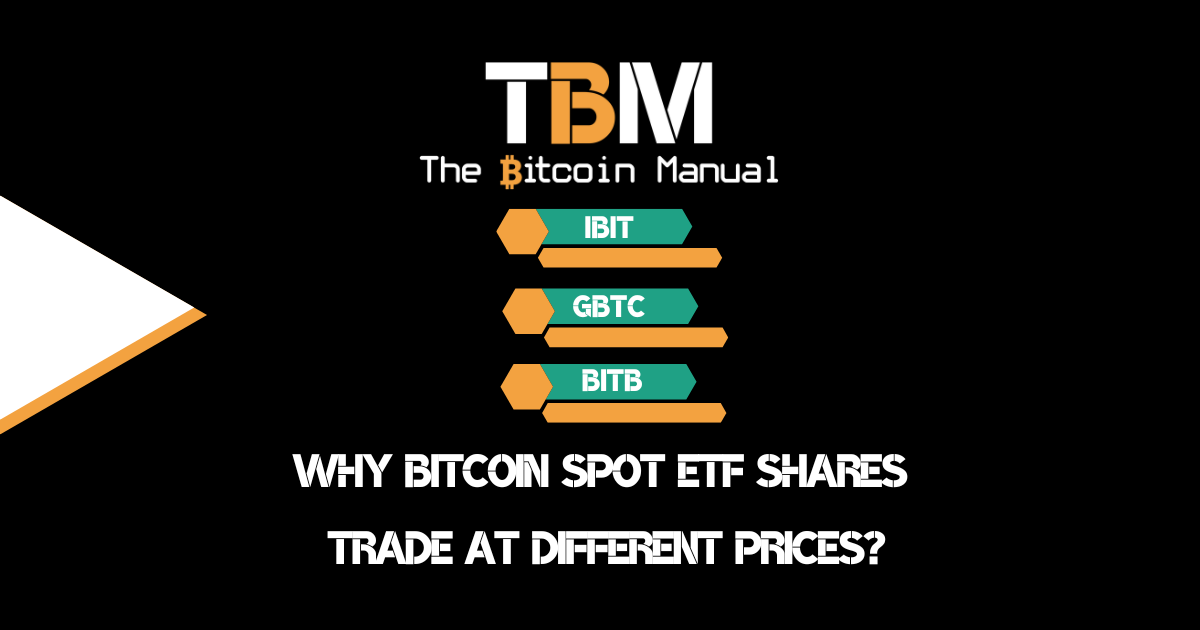Electronic payments have become second nature to many of us; fewer people in developing economies are using physical cash. Instead, we settle bills through online transactions, be that with a card at a point-of-sale terminal or online with eCommerce websites.
Credit and debit cards, mobile wallets, remittance services, internet and mobile banking, and many other options like neo-banks offer electronic payments. To use e-payment solutions and pay for different goods and services, you need to have an account with a service provider that will manage your payments for you.
You deposit money with the service, and your payment provider will route the payment to your intended recipient. The payment is made using an account number or a unique ID/handle assigned to an account in a payment provider like PayPal, Venmo etc.
Many of us are used to this way of online payments, which provides us with a failsafe in that a 3rd party curries the risk on our behalf. Should we make a mistake in making a payment, it can be reversed, and you can request a cancellation or a chargeback because transactions are conducted with credit and not a final settlement.
When you use the Bitcoin network, you’re dealing with a bearer asset, moving the actual funds to another user, and leveraging the network of nodes and miners to confirm your transaction. All Bitcoin transactions that have been committed to the blockchain are irreversible, so there is no way to reverse a transaction that has already received a confirmation on-chain. The finality of Bitcoin is lost on many new users, and those that do not realise this are likely to make mistakes.
Despite warnings and improvements in wallet UX, it doesn’t stop people from making mistakes and trying to use Bitcoin in ways that would see them lose their funds.
Bitcoin address typo
Bitcoin addresses are not exactly human-readable, and if you are a brave soul who tries to enter a Bitcoin address manually, the chances of you making a mistake are rather high. Bitcoin wallets or clients do check the validity of the entered wallet address if you want to transfer Bitcoins, but this is not a given.
Checksum is a simple cryptographic function that allows us to verify and know exactly if a Bitcoin address is correct. Thanks to Checksum, address errors will be flagged by the client/wallet, and the transaction will not be created.
In the case of entering an address with a typo or using software that doesn’t check addresses, your funds will be lost. Only a person who holds a private key that could generate this address can get them. Considering how many private keys there might be, it can be said with almost complete certainty that no one will ever use your funds. You’ve sent those Satoshits to Bitcoin heaven; they are essentially burned and removed from circulation.
Protip: To avoid using Bitcoin addresses to receive payments, you can opt for a PayNym, which will create a human-readable Bitcoin address you can freely share with others.
Sent Bitcoin to the wrong valid address
If you mistakenly entered an address that is valid but is different from the one you intended to pay for, your funds are lost forever unless you know the owner of the address. In this case, you can write to the owner of the address and possibly, agree to have the funds returned.
If you have no idea who the address holder is, it is impossible to find the owner of a Bitcoin wallet on your own since the blockchain will not show any contact information.
Transfer to another blockchain.
If you’re new to Bitcoin and digital payment networks, you might think that you could pay any Network; I mean, what’s the difference, right?
They’re all blockchains.
While Bitcoin and altcoins have distributed ledgers, they all use different software, wallet formats and consensus methods and have a separate supply of coins. Blockchains are incompatible with one another, and so are assets living on top of them.
If someone gives you another blockchain address and you try to pay it with your Bitcoin wallet, the probability of such a transfer is near impossible. (bar the address matching on a legacy address from Bitcoin Cash or Bitcoin SV)
If you enter a fork of Bitcoin like a Litecoin address as a Bitcoin transfer recipient, your client/wallet will tell you that the address is invalid. This is because each blockchain has its own way of recording and encoding addresses. So, the address of your Bitcoin wallet will be recorded with the first symbol, “1” or “b”, and the address of your Litecoin wallet will start with “L”.
What addresses can I pay with my Bitcoin?
If you’re using the Bitcoin base chain, you can pay any address format that is recognised by the Bitcoin network, namely legacy addresses, Bech32 addresses and Taproot addresses.
You cannot pay a Lightning Network invoice or a Liquid Network address using the base chain; in this case, you would need to use a swapping service, atomic swaps or submarine swaps, depending on the network you wish to settle the payment on.
How to avoid payment mistakes.
As you can tell, prevention is better than hoping for a miracle, so the best course of action is to avoid making a mistake at all costs so before you get ready to send some Bitcoin.
- Always look up the address you aim to pay on your node or Block Explorer to see if it’s a valid address.
- If you’re afraid to use the copy-and-paste function on your device to grab the address, try using the QR code option instead, but still be sure to check that the address matches.
- Double-check your work to ensure accuracy, and never send Bitcoin to your wallet or exchange account if you’re not confident the receiving address is correct.
- Don’t trust that your wallet will pick up mistakes on your behalf.
- If you are paying an address you own or a friend, you can try making a test payment first with a smaller amount before sending through the full amount.
- If you have made a mistake, you have a small window to publish a replacement transaction, but only if the transaction is not confirmed yet.

Do you take self-custody of your stack?
If you’re new to Bitcoin and have not ventured down the self-custody rabbit hole, what is stopping you? If you’re already self-sovereign, how has the experience been since you took hold of your funds? Let us know in the comments down below. We’re always keen to hear from bitcoiners from around the world.




